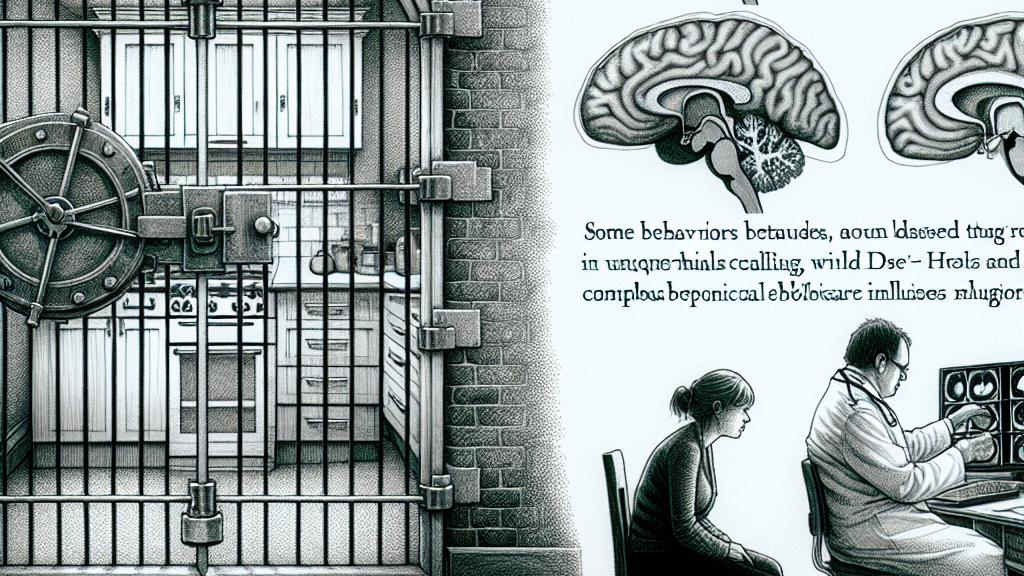Exploring the Neurology Behind Human Behavior
Overview
- Genetics intricately shapes our behavior, often in unexpected ways.
- Neurological disorders provide insight into actions commonly deemed immoral.
- Debates on free will challenge our understanding of moral responsibility.

The Genetic Influence on Behavior
Consider the compelling case of Alex, a young woman from the UK who grapples with Prader-Willi syndrome, a debilitating genetic disorder that instills an unquenchable hunger. Picture her house, where the kitchen is as tightly secured as a bank vault; it stands as a testament to the continuous battle against a relentless appetite. Neurologist Guy Leschziner highlights how Alex's behavior isn't simply a failure of willpower. Instead, it’s deep-rooted in her genetics, hormonal levels, and possibly even her gut microbiome. Here, we begin to unravel a key truth: behaviors often dismissed as moral failings are sometimes the result of complex biological factors beyond personal control, thus encouraging a thoughtful exploration of our assumptions regarding human behavior.
The Challenge of Choice and Agency
Now, shift your focus to Becky, whose descent into despair due to Huntington’s disease paints a poignant picture of how neurological disorders can erode personal agency. Previously an engaged, nurturing parent, she slowly transforms into someone who struggles to find motivation or connection, leaving her children to fend for themselves in ways that feel deeply unfair. Simultaneously, let’s consider individuals with epilepsy, who can unexpectedly erupt in fits of rage — these outbursts aren't just personality flaws but potential manifestations of their neurological impairments. The existence of genetic factors, like the notorious MAOA gene, further complicates how we define accountability. Should we blame someone for their actions when their biology significantly influences their choices? This question invokes a deeper understanding of how intertwined our genes and decisions can be.
Navigating Free Will and Responsibility
The ongoing discourse surrounding free will is not just an academic debate; it strikes at the very core of our understanding of human behavior. The famous Libet experiment stands as a cornerstone of this discussion, suggesting that brain activity can precede conscious decision-making. This notion can be unsettling; are we simply puppets of our biology? Yet, the concept of 'second-order willing' offers a refreshing perspective. It proposes that although our genetics and neurological states influence us, we still can reflect on our desires and make conscious choices. Thus, while biological influences loom large, they are counterbalanced by our capacity for thoughtful deliberation. This tension between determinism and agency invites us to think critically about accountability. Can we truly hold individuals responsible for behaviors shaped by their biology? As we engage with these profound questions, we not only delve into the mechanics of behavior but also explore what it means to be human.

Loading...